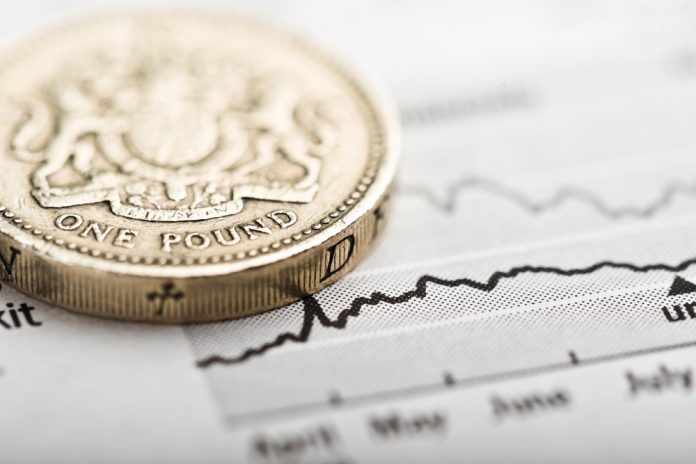Over half of UK businesses are set to rise prices for goods and services due to Brexit-related fluctuations in the pound currency, the British Chamber of Commerce (BCC) has found.
The survey was conducted across 1,500 businesses, of which 68 percent expected costs to rise for 2017. In addition, the findings saw that 54 percent intended to raise prices to counteract rising costs.
Since the UK’s decision to leave the European Union in June 2016, the pound has devaluated by approximately 16 percent against the dollar, as uncertainty continues to cause market anxieties.
Dr Adam Marshall, director general of the BCC, commented: “While inflation rates aren’t high by historical standards, they are still putting increasing pressure on companies.
“For firms that import, it’s now more expensive, and companies may find themselves locked into contracts with suppliers and unable to be responsive to currency fluctuations.”
The BCC also recommended that in order for the Government to lessen the impact of currency movements upon businesses, business rates should be amended.
In addition, a similar survey conducted by Ipsos Mori examining the opinion of of senior executives from 500 of the largest companies in Britain found similar attitudes. The investigation found that 58 percent of those questioned felt that Brexit had already begun to have a negative effect upon their businesses.
One of the major concerns that was raised by senior business executives were rising tariffs as a result of Brexit negotiations, which would cause export and import costs to skyrocket.
“Business in this country is already feeling the pain of the economic upheaval of leaving the EU,” commented Ben Page, chief executive of Ipsos Mori. “There is no sign that this is likely to ease this year.”
This follows announcements from both low-cost airline rivals Easyjet (LON:EZJ) and Ryanair (LON:RYA) of the impact that pound weakness has had upon their fourth quarter profits.

